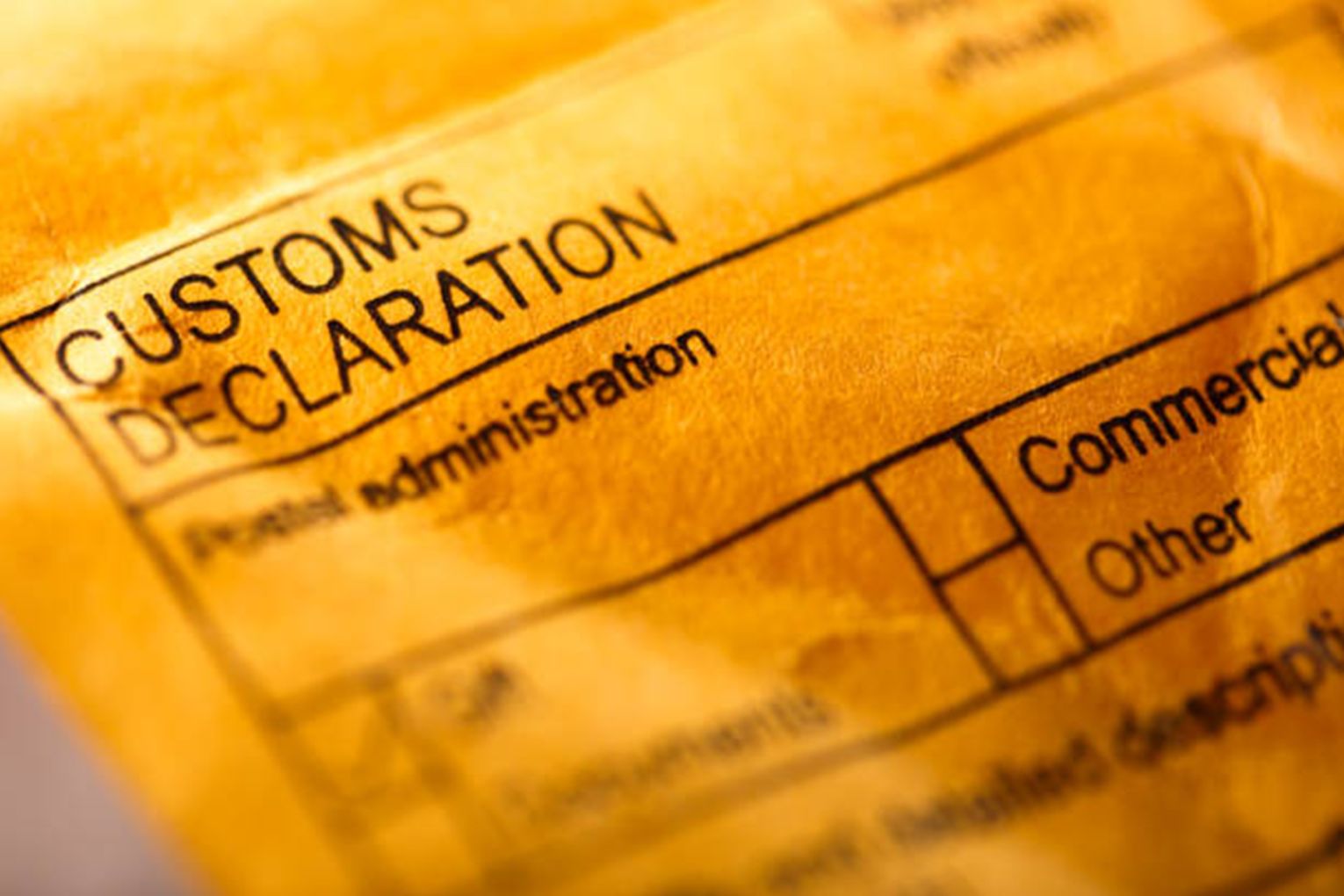‘What the hell’s going on?’: Brisbane man entangled in illicit tobacco trade
A Queensland man claims his name was used in the importation of thousands of illicit cigarettes. He speaks to InDaily about the ordeal, amid the state government’s crackdown on the illegal trade.

A Brisbane man, who wishes to remain anonymous, claims he received two Seizure and Disposal Notices from the Australian Border Force (ABF) in July for tobacco shipments he had no knowledge of arriving in the country.
“I thought it was a joke at first, I really did. It says I’ve consigned for 16,000 sticks of cigarettes. What does that even mean?” the Brisbane man told InDaily.
He had no knowledge of the shipments and claimed it was a fraudulent use of his name and details to act as a consignee for prohibited goods.
The man said he was informed the two shipments contained 10,000 and 16,000 tobacco products respectively, which were seized at a container examination facility in New South Wales.
The two letters, one of which spelled his name incorrectly, were sent to the Brisbane man’s place of business.
“I thought, what the hell’s going on? Am I going to go to court?” he said.
Concerned about the implications of having his name wrongly associated with illegal shipments, the Brisbane man claimed he attempted to contact ABF to dispute the notices but could not reach anyone who could help him.
You might like
“I actually spoke to my lawyer and he said, just try and call ABF. I said ‘who? There’s no contact number on the actual disposal notice and no way to dispute it’,” he said.
The man said he did not receive any other correspondence from ABF after the notices arrived in the mail, leaving him confused as to what to do next.
“I was hoping someone from Australian Border Force would call me or someone would come and see me and I could discuss the situation with them. I’m happy to present myself in person anywhere but there’s nowhere to go,” he said.
“I lodged a complaint with ABF, but I couldn’t really find an avenue there for fraudulent activity. I was going to see the police about it but I don’t know what they would do about it.”
The man approached his local MP, Elizabeth Watson-Brown, and asked for the ABF to be contacted on his behalf and for the situation to be raised with the Minister for Home Affairs, Tony Burke and Minister for Infrastructure and Transport, Catherine King.
“I want to find out what the hell’s going on. I’ve got no fines or anything, but it’s happened twice now, so I don’t know who to reach out to,” he said.
“I haven’t received another notice since, so I’m kind of hoping they’ve just left me alone, but still, I know my name would have been flagged.
“I’d like to get my name cleared and to find the people responsible if that’s even possible.”
Stay informed, daily
With the help of Watson-Brown, the man said he wrote to the Ministers of Home Affairs and Infrastructure and Transport to explain his situation.
The email called for help in having his name expunged from the matter and support for himself and other victims of shipping identity fraud from Border Force officials.
InDaily contacted Home Affairs Minister Tony Burke’s office for comment, but received a response from the Australian Border Force with no comment about the case.
However, an ABF spokesperson said the Australian Border Force was aware of attempted ABN fraud within the supply chain, also known as ‘piggybacking’.
Piggybacking occurred when criminal entities fraudulently used others’ identities for consignment without their knowledge to distance themselves from illicit shipments, the spokesperson said.
“Piggybacking remains a persistent challenge for enforcement agencies and is not unique to Australia. The threat is a broader international trend where organised crime syndicates exploit weaknesses in global logistics systems,” the spokesperson said.
‘The ABF have long been working to tackle the methodology and are successfully identifying perpetrators along the supply chain, though organised criminals remained adept at concealing the real players behind operations.”
The spokesperson said identifying piggybacking relied on ABF border controls, licensed customs brokers conducting due diligence checks and the veracity of commercial documentation.
“The ABF works with partner agencies both offshore and onshore to detect and disrupt illicit consignments. Through intelligence-sharing, joint investigations and international cooperation, the ABF continues to strengthen the global response to illicit tobacco trafficking.”
The spokesperson said the ABF also worked to raise awareness of emerging methodologies so licensed operators remain alert to criminal attempts to exploit legitimate supply chains through providing case studies, indicators and behavioural cues.
“The ABF has strict requirements on service providers at the border and takes immediate action whenever we identify potential non-compliance.”
The ABF spokesperson urged community members to report suspicious border-related activity through Border Watch at abf.gov.au/borderwatch.
The Queensland State Government recently passed the Tobacco and Other Smoking Products (Dismantling Illegal Trade) and Other Legislation Amendment Bill 2025 to crackdown on illegal tobacco traders.
Since May, the government has seized more than 57 million illicit cigarettes, 7.7 tonnes of loose tobacco, 475,000 illicit vapes and 405,000 nicotine pouches.





